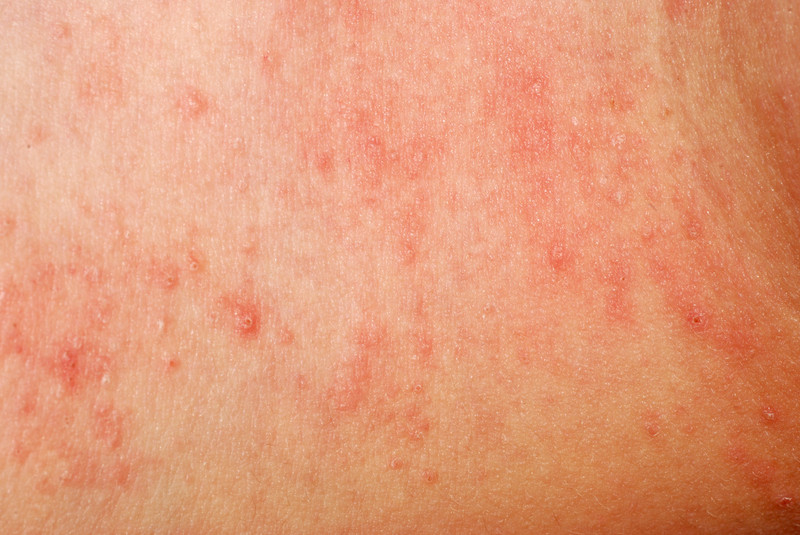
:max_bytes(150000):strip_icc()/urticaria--rash-on-arm-680795519-5999e4b3d963ac0010f39d6c.jpg)
Skin rashes that itch and burn treatment skin#
Most people with this type of dysesthesia are likely to experience an intensely painful burning sensation under or on the skin of the scalp. Many cases of dysesthesia occur due to progressive conditions, so they often become worse over time.ĭifferent types of dysesthesia affect different parts of the body, but they all result in skin discomfort without damage to the skin.

an aching feeling, similar to that of sore musclesĭepending on the underlying cause, the sensations may be either acute - happening suddenly and resolving after a while - or chronic, which means that they persist.pain or irritation, even from a light touch or no contact.an uncomfortable, hard to describe feeling similar to that of hitting the funny bone.feelings of tingling or “pins and needles”.an unexplained painful sensation that often radiates to other parts of the body.a restrictive feeling, especially around the trunk or torso, sometimes called an “ MS hug“.an itching, burning sensation that may resemble something crawling under or on the skin.A number of skin conditions can develop during pregnancy and cause itchy skin.The symptoms of dysesthesia vary between individuals, but they tend to affect the skin, scalp, face, mouth, torso, arms, and legs. Itching often affects pregnant women and usually disappears after the birth. Itching is also a common symptom after the menopause, which is where a woman’s periods stop as a result of natural hormonal changes as she gets older.Ĭhanges in the levels of hormones, like oestrogen, that occur during the menopause are thought to be responsible for the itching. Occasionally, itching can be linked to a psychological condition such as depression or anxiety. in rare cases, certain types of cancer, including liver cancer, pancreatic cancer, leukaemia and Hodgkin lymphoma.liver-related conditions, such as primary biliary cirrhosis and hepatitis.polycythaemia – where you have a high concentration of red blood cells in your blood.iron deficiency anaemia – where a lack of iron in the body leads to a reduction in the number of red blood cells.an overactive thyroid or underactive thyroid – where the thyroid gland in the neck produces too much or too little thyroid hormone.haemorrhoids (piles) – enlarged and swollen blood vessels in or around the lower rectum or anus.Itching can be a sign of an underlying condition that may affect the inside of the body without necessarily causing any other obvious symptoms. vaginal thrush or thrush in men – yeast infections that can cause itching in and around the genitals.ringworm – a fungal infection that causes a ring-like red rash to develop on the skin and can cause an itchy scalp.athlete's foot – a fungal infection that causes itching in between the toes.Itching may be a symptom of an infection, like: trichomonas vaginalis – a tiny parasite that causes a sexually transmitted infection (STI) called trichomoniasis.threadworms – small worm parasites that infect the bowels of humans and can cause an itchy bottom.insect bites and stings from bees, wasps, mosquitoes, fleas and bedbugs.the scabies mite, which burrows into the skin and causes a skin condition called scabies.Itching can be caused by the following pests: sunburn – skin damage caused by exposure to ultraviolet (UV) rays.prickly heat – an itchy rash that appears in hot, humid weather conditions.an allergy to certain foods or types of medication (for example, aspirin and a group of medicines called opioids).some plants – such as chrysanthemums, sunflowers, daffodils, tulips and primula.textiles – particularly the dyes and resins that are contained in them.



 0 kommentar(er)
0 kommentar(er)
